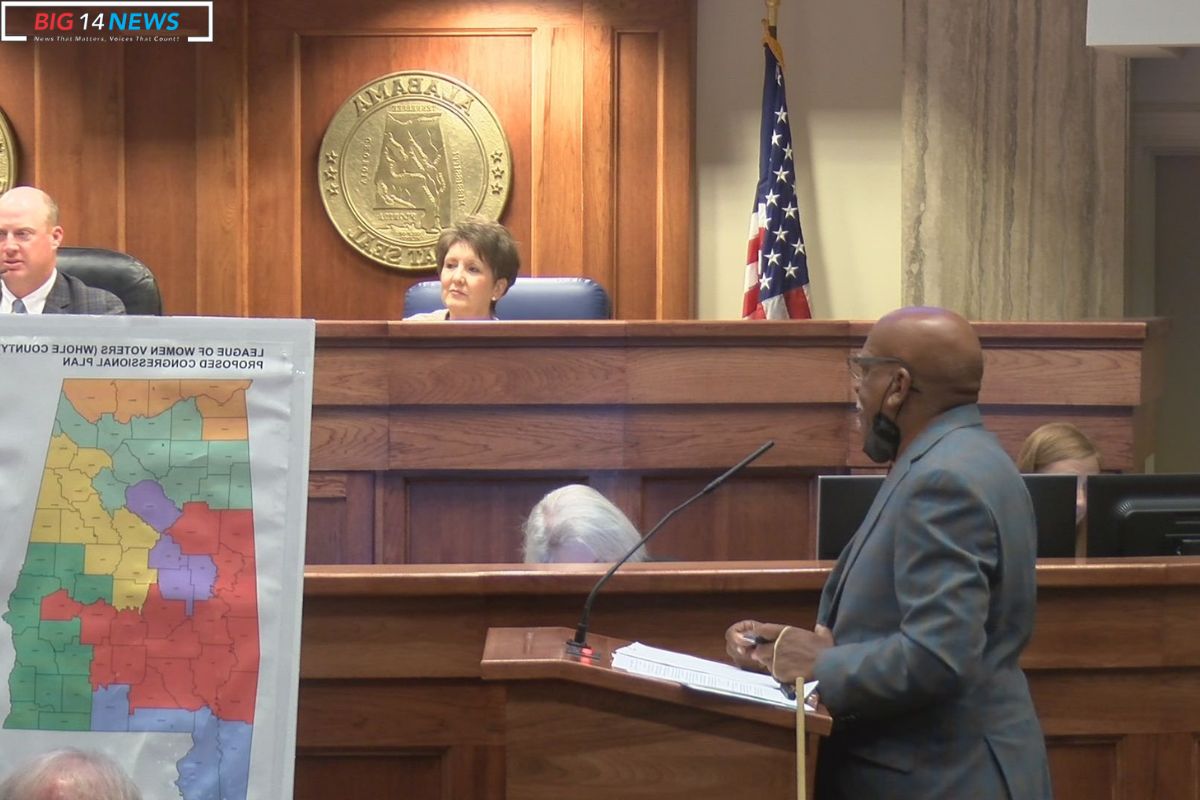Alabama Ongoing Struggle: After nearly two years of non-compliance with a federal court order to rectify Alabama’s illegal racially gerrymandered congressional map, a non-discriminatory map has been selected by the court. Despite consistent rebukes, Alabama Attorney General Steve Marshall vows to persist in restoring the racially biased map. However, for the 2024 election, Black voters in Alabama will, at least, have the opportunity to elect a candidate of their choice in two of the state’s seven districts.
Plaintiffs Evan Milligan, Khadidah Stone, Letetia Jackson, Shalela Dowdy, Greater Birmingham Ministries, and the Alabama State Conference of the NAACP, along with their legal representativesthe Legal Defense Fund, the American Civil Liberties Union, the ACLU of Alabama, Hogan Lovells LLP, and Wiggins, Childs, Pantazis, Fisher & Goldfarbare to be commended for their persistent efforts. The National Urban League stands with them should Marshall carry out his threat.
In a surprising move, the U.S. Supreme Court invalidated Alabama’s map in June after allowing its use in the previous year’s congressional elections. Despite the court’s order to create a map with “two districts in which Black voters either comprise a voting-age majority or something quite close to it,” Alabama legislators passed a new map in July that maintained a single majority-Black district.
Expressing deep concern, the District Court judges stated, “We are deeply troubled that the State enacted a map that the State readily admits does not provide the remedy we said federal law requires.” The court appointed a special master to draft new maps, and after the Supreme Court rejected Alabama’s emergency appeal last month, the District Court selected a new map last week.


ALSO READ: Hoover Residents Raise Concerns at ADEM Hearing: Storm Water Woes and the Battle for Accountability”
Throughout Alabama’s nearly two-year campaign to adopt a map violating Section 2 of the Voting Rights Act, the state insisted the gerrymandered map couldn’t be in violation. They argued that none of the 2 million maps, randomly generated by their expert witness using a “race-neutral” algorithm, contained more than one majority-minority district.
However, the Supreme Court highlighted the flaws in Alabama’s argument. The expert witness used outdated 2010 census data and neglected traditional districting criteria. The correct census data and unbiased algorithms revealed plans with two majority-Black districts in numerous ways. Chief Justice John Roberts pointed out the insignificance of Alabama’s reliance on two million maps when the possible randomly generated districting maps in Alabama reach at least the “trillion trillions.”
Alabama’s expectation that such a bad-faith argument would succeed before the highest court is appalling, and it’s a victory for both democracy and logic that it did not.
